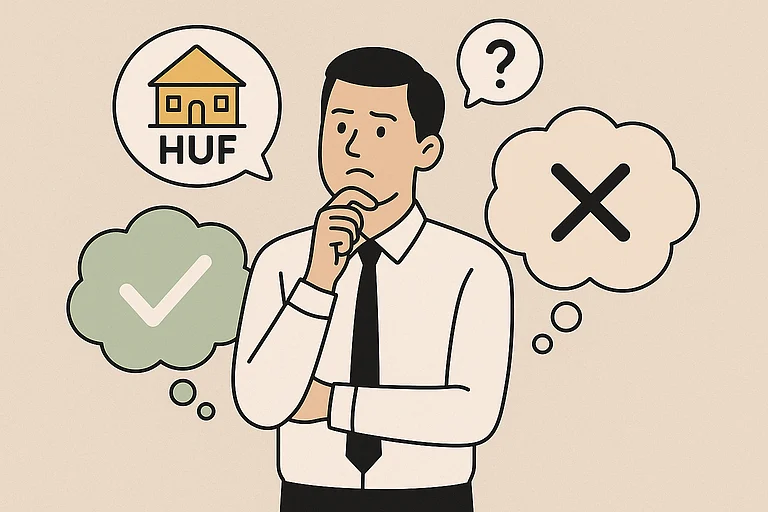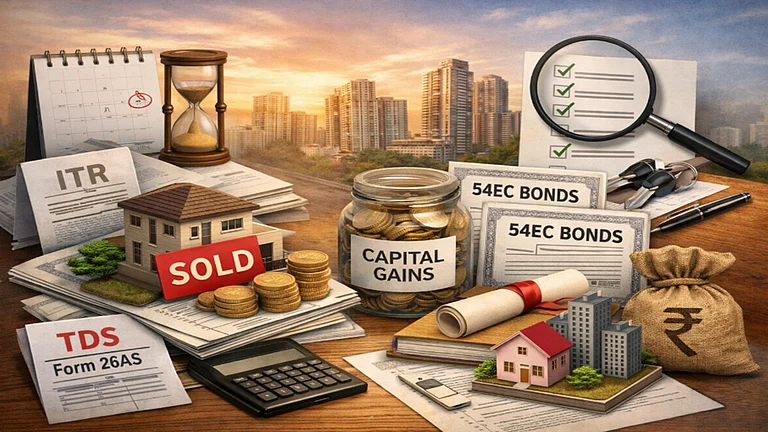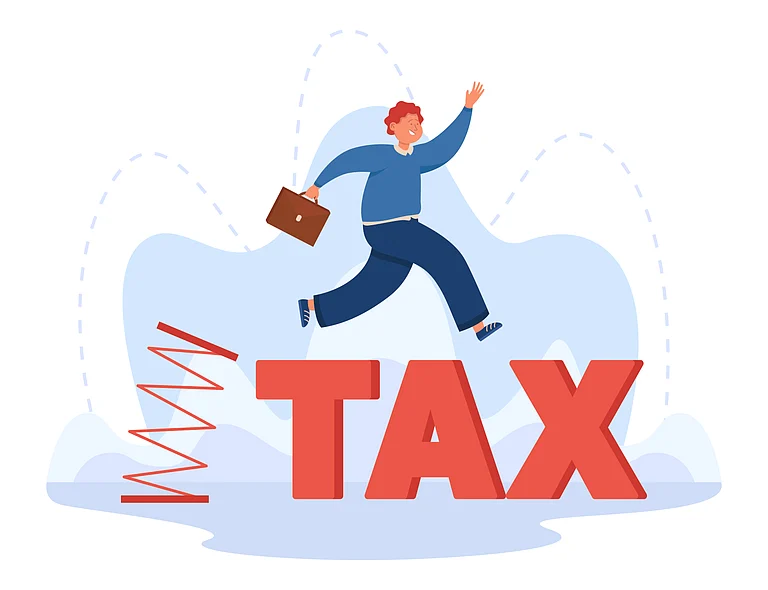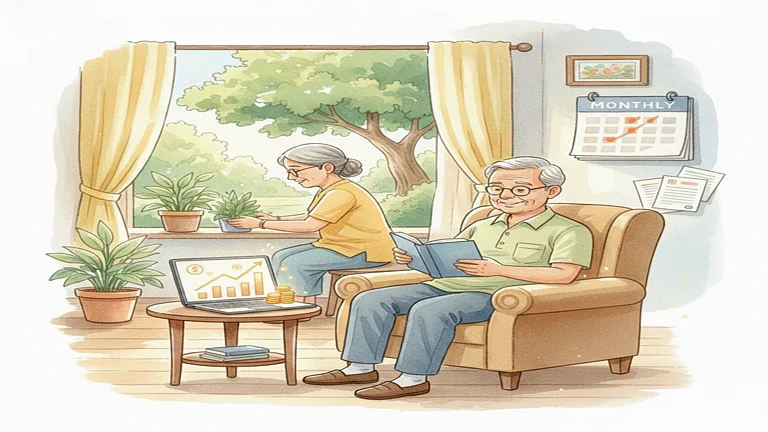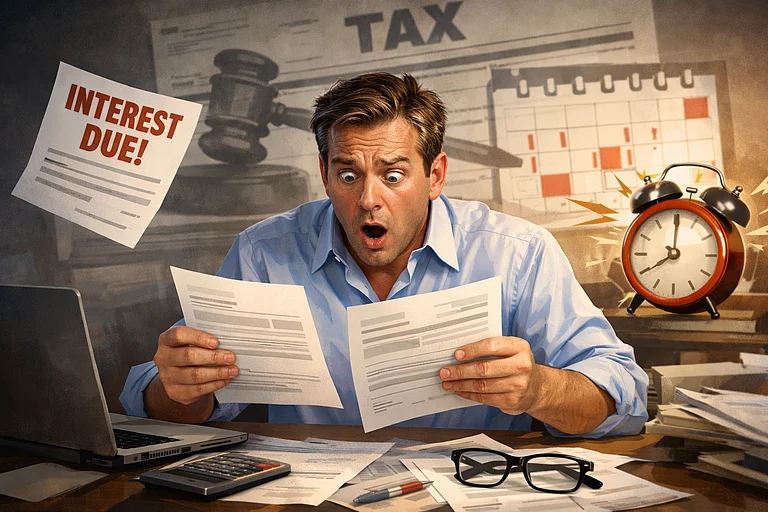
Summary of this article
Clarity on Section 87A Rebate: The Central Board of Direct Taxes (CBDT) has clarified that Section 87A rebate will not apply to incomes taxed at special rates, such as short-term capital gains. Many taxpayers had incorrectly availed the rebate in FY24, leading to fresh tax demands. To ease the burden, the tax authority has said that if the outstanding amount is paid by December 31, 2025, no interest under Section 220(2) will be levied.
The Central Board of Direct Taxes (CBDT) has offered much-needed clarity and some breathing room for taxpayers caught in a tangle over the Section 87A rebate. In a circular issued on September 19, the tax authority said that while the rebate cannot be claimed on incomes taxed at special rates, any additional tax demands raised because of earlier mistakes can be settled without interest if paid by December 31, 2025.
Section 87A of the Income Tax Act 1961 is meant to give relief to small taxpayers by bringing their effective tax bill down to zero when total income is within the specified limit. For the financial year 2023-24, that limit was Rs 5 lakh under the old tax regime and Rs 7 lakh under the new one.
However, the law has always excluded certain kinds of income, like short-term capital gains (STCG) on listed shares and equity mutual funds, that are taxed at special rates under Chapter XII of the Income-tax Act.
Despite this, many taxpayers claimed the rebate on such gains while filing their returns last year. In several cases, the Central Processing Centre (CPC) even processed the returns and allowed the rebate before realising the error.
Later, rectification orders were issued to withdraw the rebate and raise fresh tax demands. Typically, any delay in paying these revised demands would trigger interest under Section 220(2) of the Act.
This is where the new circular provides much-needed clarity. Using its powers under Section 119, the CBDT has directed that the interest component will be waived if the tax demand raised through these rectifications is paid on or before December 31, 2025.
The deadline is crucial because if the taxpayers miss it, the usual interest rules will apply from the day after the normal due date for payment.
The issue dates back to mid-2024 when the income tax e-filing utility was updated to block taxpayers from claiming the rebate on special-rate income. Income Tax returns that were filed after July 5, 2024 were automatically denied the Section 87A rebate, however, many early filers had already claimed it and also received acknowledgments.
Soon after, the issue reached the Bombay High Court. In December 2024, the High Court allowed taxpayers to revise their returns, and a brief 15-day window was provided in January 2025 for such revisions.
But the concussion hardly ended there. In February this year, many taxpayers who had revised their ITRs still received fresh notices demanding tax on the disputed income. Budget 2025 announcements did remove any remaining doubt by specifically stating that the rebate will not apply to special-rate incomes like STCG from the financial year 2025-26 onwards.
Tax professionals say the circular now provides a clear path for those who inadvertently received the rebate. They also note that unless the disputed amount is huge, it is practical to pay up and avoid litigation.
Others point out that taxpayers who already have favourable rulings from the Income Tax Appellate Tribunal (ITAT) can rely on those decisions, as the department cannot pursue small-value appeals beyond certain limits.
Overall, the key takeaway for all taxpayers is that if a rectification notice came your way, withdrawing the Section 87A rebate on special-rate income, you have to pay the additional tax by the end of December 2025 to avoid interest charges.
Quick FAQ: What You Need to Know
Who is affected?
Taxpayers who claimed Section 87A rebate on income taxed at special rates, such as short-term capital gains on listed shares or equity mutual funds, for FY 2023-24 and have now received a rectification notice.
What went wrong?
The rebate is not allowed on special-rate income, but some returns were processed with the rebate before the error was caught. The tax department is now raising demands to recover the shortfall.
What relief has CBDT offered?
Interest under Section 220(2) will be waived if the additional tax is paid on or before December 31, 2025. If taxpayers delay the due tax payment by then, normal interest will apply.
What should taxpayers do?
Check any rectification orders or communications from the CPC carefully. If a demand is raised, arrange payment before the deadline to avoid interest. For those who want to challenge the notices they received can opt for litigation. It is an option in rare cases where favourable tribunal rulings already exist. However, for most taxpayers the prompt and easy approach is to pay the due tax in case of small-value appeals.



